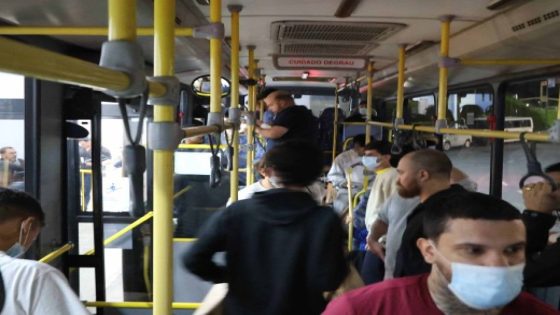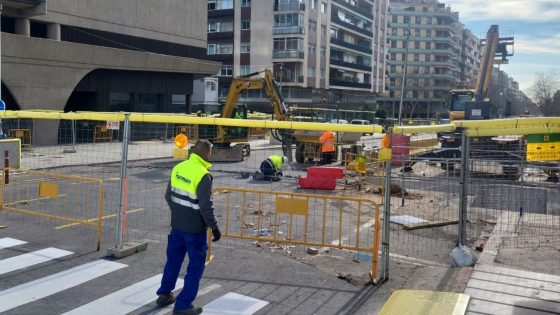The tender process for government projects in Aceh has raised serious concerns. On January 26, 2025, Transparency Tender Indonesia (TTI) reported that collusion is common, with law enforcement allegedly involved in manipulating outcomes. How can we expect fairness when the referees are playing in the game?
- Tender processes in Aceh deemed unhealthy
- Collusion in project tenders is common
- Law enforcement officials allegedly involved
- Terms 'Lingke' and 'Batoh' signify corruption
- BPK findings reveal unhealthy tender practices
- Lack of competition due to predetermined outcomes
Why Is Collusion a Major Issue in Aceh’s Tender Process?
Have you ever wondered why some projects seem to have predetermined winners? In Aceh, the tender process is often marred by collusion, making it difficult for honest contractors to compete. This situation not only undermines public trust but also affects the quality of services delivered to the community.
Understanding the Terms ‘Lingke’ and ‘Batoh’ in Aceh’s Tender Process
Terms like ‘Lingke’ and ‘Batoh’ have become synonymous with the tender process in Aceh. These terms represent the unethical practices that contractors must navigate. Understanding these terms can shed light on the challenges faced by honest businesses.
What Do ‘Lingke’ and ‘Batoh’ Mean?
These terms are often used to describe the manipulation of tender processes. Here’s a closer look:
- Lingke: Refers to pre-arranged deals where certain contractors are favored.
- Batoh: Indicates a system where bids are controlled, limiting competition.
- Impact: These practices lead to inflated project costs and subpar work.
- Solution: Increased transparency and accountability are essential to combat these issues.
The Role of Law Enforcement in Tender Manipulation
Law enforcement’s involvement in the tender process raises serious ethical questions. If those meant to uphold the law are part of the problem, how can we expect to achieve a fair bidding environment? This complicates efforts to eliminate corruption and ensure a level playing field for all contractors.
Steps Toward a Fairer Tender Process
To address these issues, several steps can be taken:
- Implement stricter regulations on tender processes.
- Increase oversight to ensure law enforcement remains impartial.
- Encourage whistleblowing to expose corrupt practices.
- Promote public awareness about the importance of transparency in government contracts.
In conclusion, the tender process in Aceh requires urgent reform. By addressing collusion and ensuring transparency, we can foster a fairer environment for all contractors, ultimately benefiting the community.

































